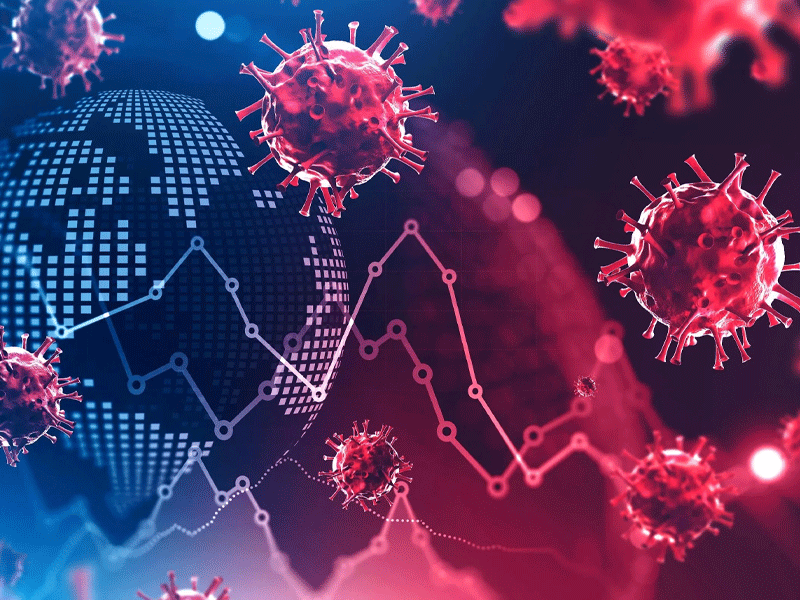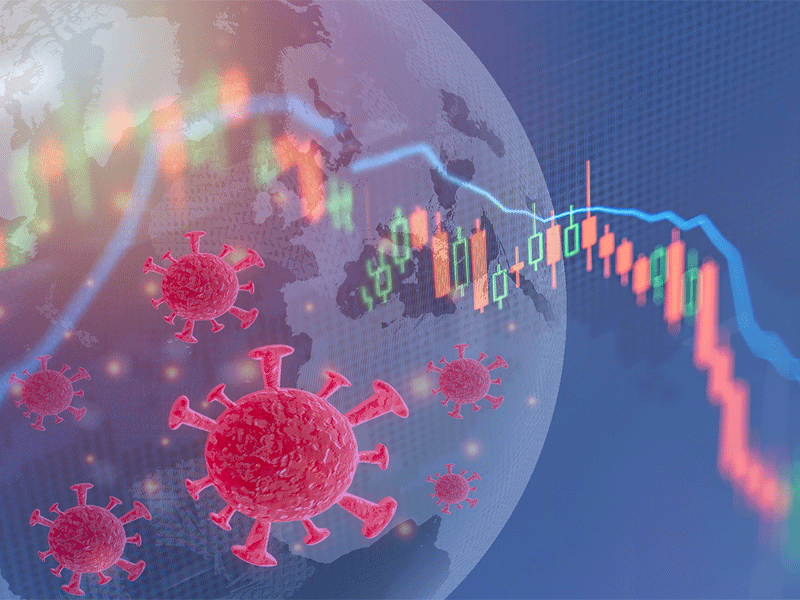In times of crisis, societies often make difficult trade-offs. Public safety, national interest, and collective health take center stage—but what happens when individual rights become the cost of those trade-offs? One of the most critical and under-discussed aspects of the global response to the COVID-19 pandemic was the erosion of informed medical consent. As the world moves forward, it is vital to re-examine the principles that have long governed medical ethics, most notably the Nuremberg Code.
The Nuremberg Code, conventional in the aftermath of World War II, was a direct response to the horrific medical experiments conducted without consent. It laid down ten foundational principles to ensure the dignity, autonomy, and protection of individuals subjected to medical research. Chief among them is the idea that “the voluntary consent of the human subject is absolutely essential.”
This wasn’t merely a reaction to a dark chapter in history. It was a universal standard intended to prevent it from happening again. And yet, in the chaos and urgency of a global health emergency, many of its tenets were quietly brushed aside.
Consent Under Pressure
Informed consent is not just a signed form or a checkbox on a website. It is a process of communication—a mutual agreement between practitioner and patient, grounded in transparency, trust, and respect. The individual must fully understand the nature, benefits, risks, and alternatives to a medical procedure. Most importantly, the decision must be made freely, without coercion or pressure.
During the pandemic, this process was often compromised. From vaccine mandates and employment conditions to travel restrictions and social pressures, many people felt forced into medical decisions rather than guided through them. When governments and institutions declared that participation in certain medical interventions was a requirement for living a normal life, the line between consent and compulsion began to blur.
Emergency Doesn’t Equal Exemption
There is no doubt that pandemics demand urgent action. Lives are at stake, and delays can be deadly. However, ethical standards must not be suspended in the face of a crisis. In fact, the need to uphold them becomes even more important. Emergencies do not erase human rights; they test our commitment to protecting them.
When health authorities approve new treatments or preventive measures under emergency use provisions, transparency becomes critical. The public deserves to know what is known—and what is not—about a medical product. They deserve the opportunity to weigh the risks and benefits in their own context. Unfortunately, during the pandemic, evolving science and rapidly shifting narratives often left the public confused, misinformed, or, in some cases, manipulated.
The Role of Public Messaging
Public health messaging plays a powerful role in shaping consent. During the pandemic, many governments launched aggressive information campaigns urging, and at times demanding, compliance with recommended treatments. While it is reasonable for public health bodies to encourage beneficial practices, the use of fear, guilt, and social ostracism to influence personal medical decisions undermines ethical standards.
When dissenting opinions from qualified professionals are dismissed or censored, and when questions about safety or efficacy are labeled as misinformation, the public loses its ability to make truly informed decisions. Consent, in such an environment, becomes an illusion.
Vulnerable Populations and Unequal Pressures
The impact of compromised consent is not felt equally. Marginalized communities, low-income workers, and individuals with limited access to alternative information are disproportionately affected. When access to employment, education, or housing is conditioned upon compliance with medical directives, the ability to say “no” disappears for many. This creates a system where consent is granted not out of free will but out of necessity—and that’s not consent at all.
Informed refusal is as important a right as informed consent. Medical ethics must uphold both. The right to decline treatment, to wait for more data, or to seek alternative therapies must remain intact, regardless of public pressure.
Moving Forward with Integrity
As the world reflects on the events of recent years, it is important to recommit to the ethical frameworks that protect individual dignity. Medical innovation is important, and rapid response to future crises is inevitable. But these imperatives must be balanced by an unwavering respect for personal autonomy.
Policymakers, healthcare providers, and institutions must review how consent was obtained and what lessons can be drawn. Professional training should include ethical guidelines for crisis scenarios. Public messaging must remain transparent and honest, even when the science is growing. Most importantly, people must be empowered with the information and space to make their own choices.
The Nuremberg Code is not outdated. It is not a relic of the past. It is a living document—a moral compass for the medical community. It exists to remind us that human rights do not go on pause, even in emergencies. Upholding informed consent is not only a legal obligation—it is a moral one.
Final Thoughts
Medical consent is the foundation of trust between citizens and the systems designed to protect them. If that trust is lost, it will not be easily regained. To ensure that future public health responses are both effective and ethical, we must place human autonomy back at the center of the conversation.
Now is the time to reaffirm our commitment to consent—not as a formality but as a principle of freedom, choice, and dignity.



